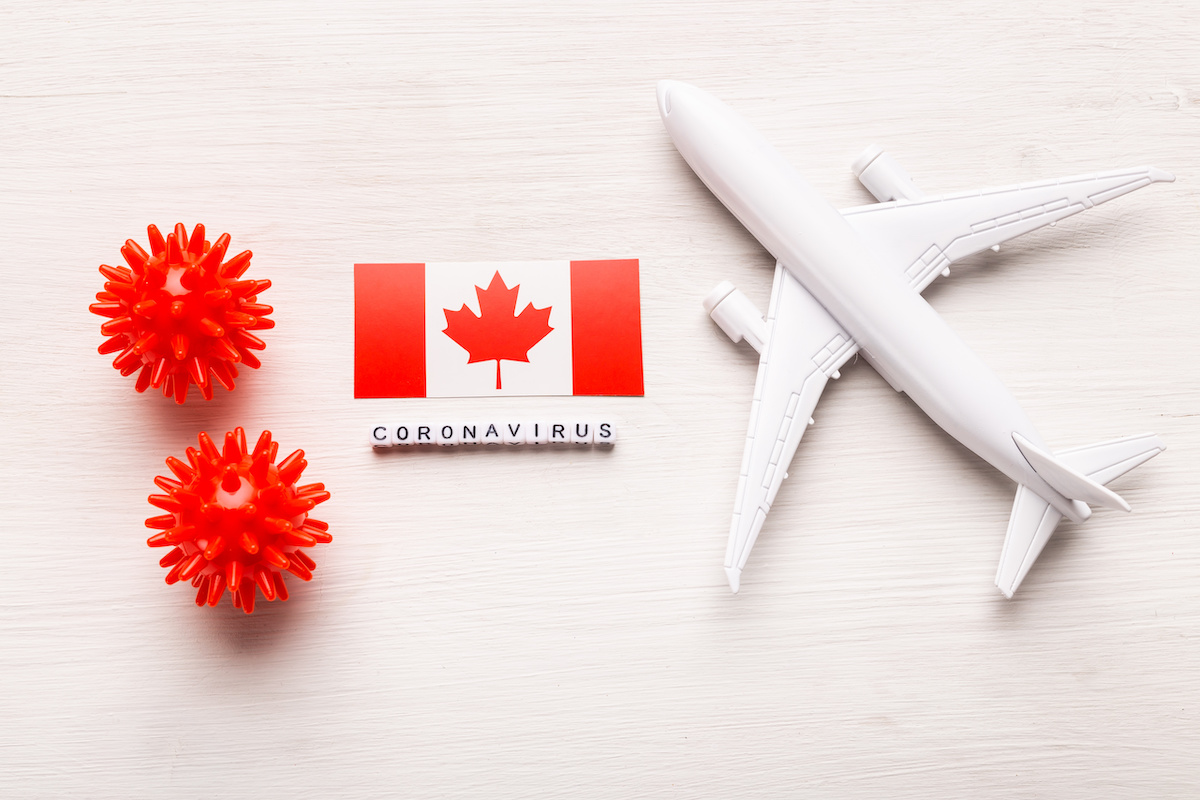Most recent updates to Canada’s COVID-19 travel restrictions & immigration policies
Travel to Canada (COVID-19) Latest updates: Fully vaccinated travellers are now exempt from mandatory quarantine: As of July 5, Canada ended the mandatory 14-day quarantine requirement for fully vaccinated travellers entering Canada, but there are still special measures in place. Please note that Canada has not changed who is allowed to enter Canada — only Canadian citizens, permanent residents, and other approved groups (listed below) are eligible to enter the country at this time.
The following groups can cross the border into Canada whether by air or by land:
- Canadian citizens and Canadian permanent residents;
- immediate family members* of Canadian citizens and Canadian permanent residents who are travelling to Canada for non-discretionary reasons;
- extended family members** and long-term partners** of Canadian citizens and permanent residents (or their partners) who apply for written authorization from IRCC;
- immediate family members* of temporary residents in Canada who receive written authorization from IRCC;
- temporary workers who hold a valid work permit or who are approved for a work permit but have not yet been issued the work permit (please note that flagpoling is not permitted at this time, refer below for more details);
- COPR-holders with a valid COPR can enter Canada as of June 21, 2021 (full details here);
- IEC participants who have not yet activated their work permits must have a valid job offer in order to enter, this job offer does not need to be in an essential sector (Source: IRCC);
- IEC participants who have already activated their work permits and were outside the country temporarily do not require a valid job offer in order to re-enter (Source: IRCC; note that anecdotal reports suggest airline staff and border officers may still deny entry without proof of a connection to Canada like employment, housing, or family);
- international students attending a Designated Learning Institution (DLI) that is on the approved list (schools which have a COVID-19 readiness plan) and have either a valid study permit or a letter of introduction showing that they’ve been approved for a study permit (Source: IRCC);
- those granted special permission to enter for compassionate reasons.
Fully vaccinated travellers to Canada: Special travel requirements
- Pre-arrival negative COVID-19 test: All travellers over five years of age arriving in Canada by air must show negative COVID-19 test results. If arriving by air, travellers must take their test within 72 hours of their flight departure. If arriving at the U.S. land border, travellers must take a test in the United States within 72 hours of arriving at the border. Travellers who have recovered from COVID-19 may instead present proof of a positive COVID-19 test taken within 14 to 90 days of arrival.
- Proof of vaccination submitted via ArriveCAN app: Fully vaccinated individuals travelling to Canada must use the ArriveCAN app before arriving in Canada to submit information regarding their proof of vaccination and other details.
- On-arrival COVID-19 test: Fully vaccinated travellers will need to complete a COVID-19 test upon arrival in Canada. They do not have to quarantine while awaiting results, but if the test results do come back positive, travellers will need to immediately isolate from others and await instructions from public health.
- Quarantine plan: Even though fully vaccinated travellers are exempt from the quarantine requirement, these travellers must still prepare a suitable quarantine plan in case border officers determine they are not eligible for the exemption or they test positive during their on-arrival COVID-19 test.

